Treaty of Versailles & Outcome of WW1
Different views on Peace Treaties
- The British wanted a lenient treaty with Germany because a prosperous Germany would serve as a market for British exports.
- France desired a harsh treaty with Germany so as to ensure that it is not able to threaten French frontiers in the foreseeable future.
- US also wanted a lenient treaty with Germany but was disappointed with the harsh treaty that Germans signed with the Russians & the destruction of civilian infrastructure by the Germans during their retreat from France and Belgium.
Finally, a compromise was reached, and Germans were not to pay the whole cost of war but just the cost in lieu of damage done to civilians and their property.
Treaty of Versailles
Victorious power met at Versailles. The number of countries represented was 27. The terms of treaty was decided by Britain, France and USA. Germany and Russia were excluded.
The treaty was not a negotiation but imposition of demands on defeated by the victors. It was one of the most controversial settlements ever signed & was criticised even in the Allied countries.
Germany
- The War Guilt clause declared Germany and her allies guilty of aggression.
- Alsace-Lorraine was returned to France.
- Coal mines in German area called Saar were ceded to France for 15 years and area to be governed by League of Nations.
- Germany ceded her pre-war territories to Denmark, Belgium, Poland and Czechoslovakia.
- Rhine valley was to be demilitarized.
- Union between Germany and Austria was forbidden.
- Germany was to be disarmed. The strength of the army was capped at 1,00,00.
- She was required to have no air force and submarines.
- Germany was relieved of all her colonies. Togo and Cameroon were shared between Britain and France. South West Africa was given to Britain. Pacific and Western Hemisphere were given to Japan.
- Although China was present during the negotiations her areas under German were given to Japan and not restored to her.
- Germany was required to pay for war damages. An enormous figure of $6600 million Pounds was levied.
- A League of Nation was set up and its aims and organisations were set out in the League covenant.
Austria & Hungary
- Austria & Hungary were reduced to a very small size as compared to the expanse of German Empire.
- Territory was distributed among other European nations on the principle of self-determination which entailed that now people lived under the government of their own nationality.
Ottoman Empire
- Complete dismemberment of Ottoman Empire took place.
- Ottoman Empire’s colonies were converted to mandates and given to Britain and France.
- Syria became French Mandate while British Mandates included Trans-Jordan, Iraq and Palestine.
- Britain and France were to look after the interests of the people of the mandates but in reality, they were governed as colonies.
- Most of the Turkish territory was given to Greece and Italy and Turkey was reduced to a small state.
Reasons for loss of Germany
- Germany had to face war on two fronts.
- Allied sea power was decisive.
- German submarine campaign failed in the face of convoys protected by British.
- Entry of USA brought new resources.
- Allied political leaders Lloyd George and Clemenceau were more competent.
- Germany was badly let down by here allies and had to constantly help out the Austrians and Bulgarians.
Outcome of WW1
- Unprecedented loss of lives – over 9 million people was killed.
- War led to epidemics and famines and various other social problems. Economy of many nations collapsed.
- It transformed the political map of the world. Ruling dynasties were destroyed.
- Romanov in Russia, Hohenzollern in Germany and Habsburg in Austria-Hungary and the rule of Ottoman Empire came to an end.
- It gave birth of many independent nations and national movement. Strengthening of freedom movement in Africa and Asia. Exploitation of colonies during war, false hope of ushering in democracy.
- It marked an end of European supremacy. It was surpassed by US. Soviet Union was soon to become world power.
- The role played by soldiers from Asia and Africa belied the claims that Europeans soldiers were superior.
It was supposed to be the “war to end all wars”. But it never happened. But imposition of harsh treaties caused further conflict.
Imperialism was not destroyed as a result of the war. The victorious powers enlarged their possessions. Fear of redivision of the world remained lurking.
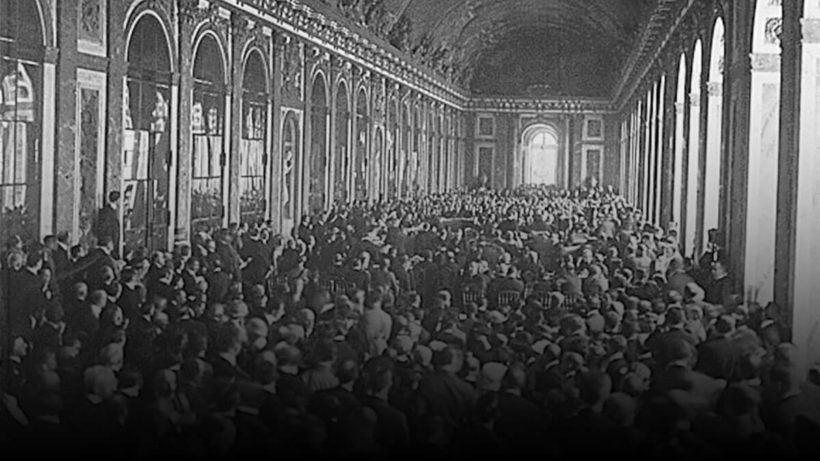


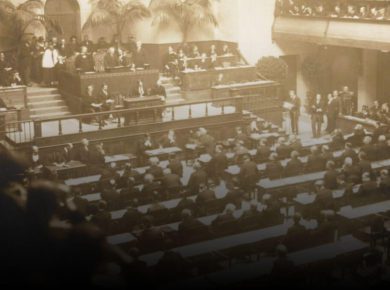

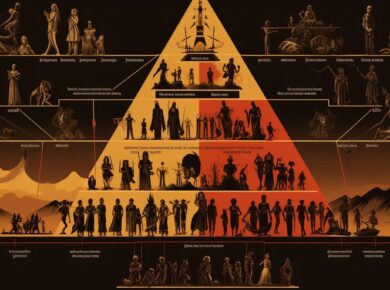
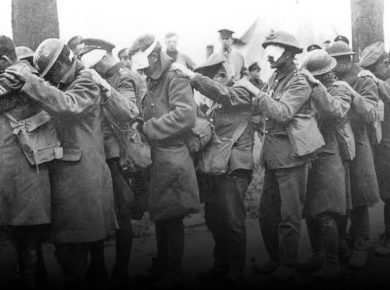
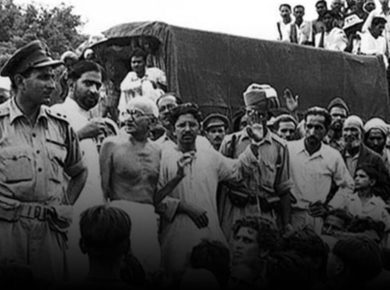
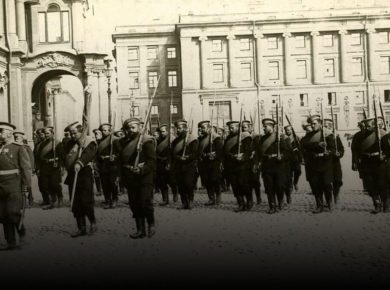
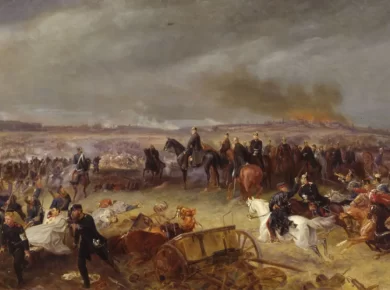
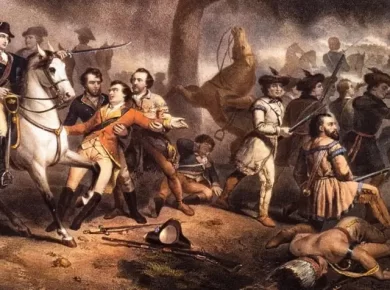
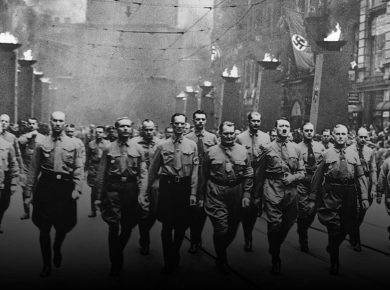
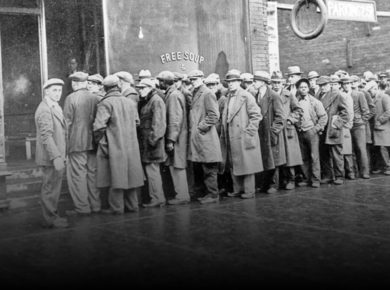
1 comment
thankyou very much to share the knowledge.